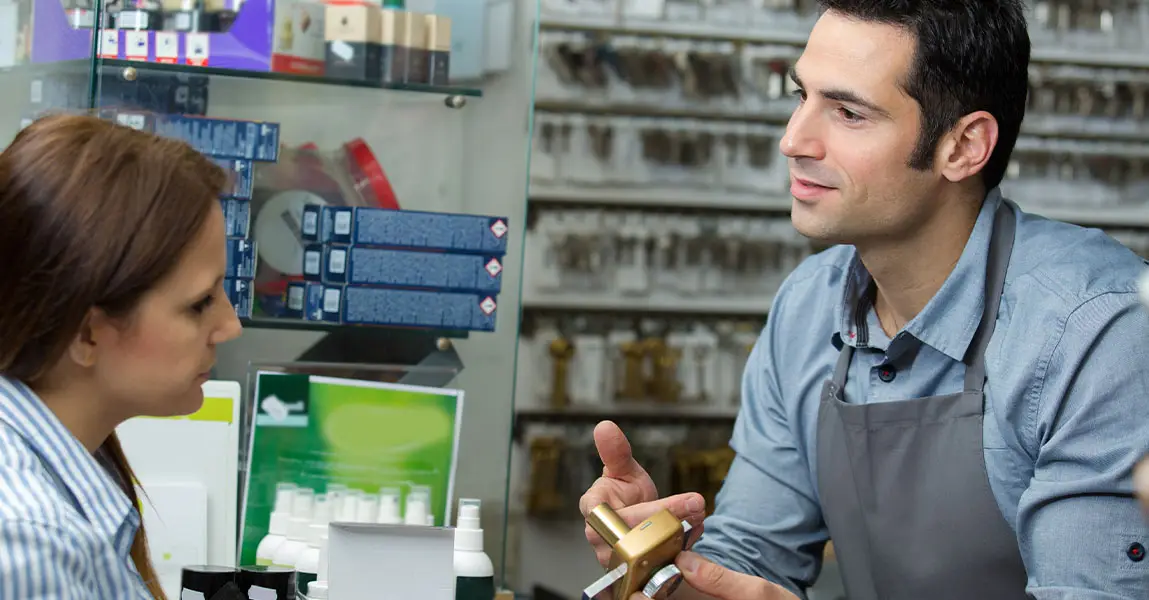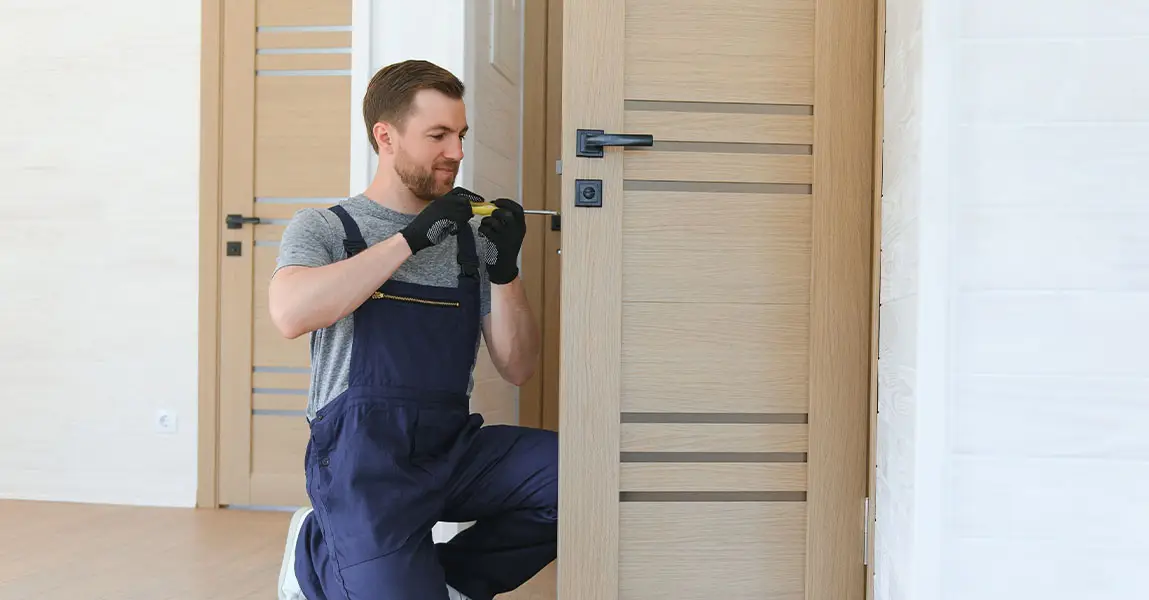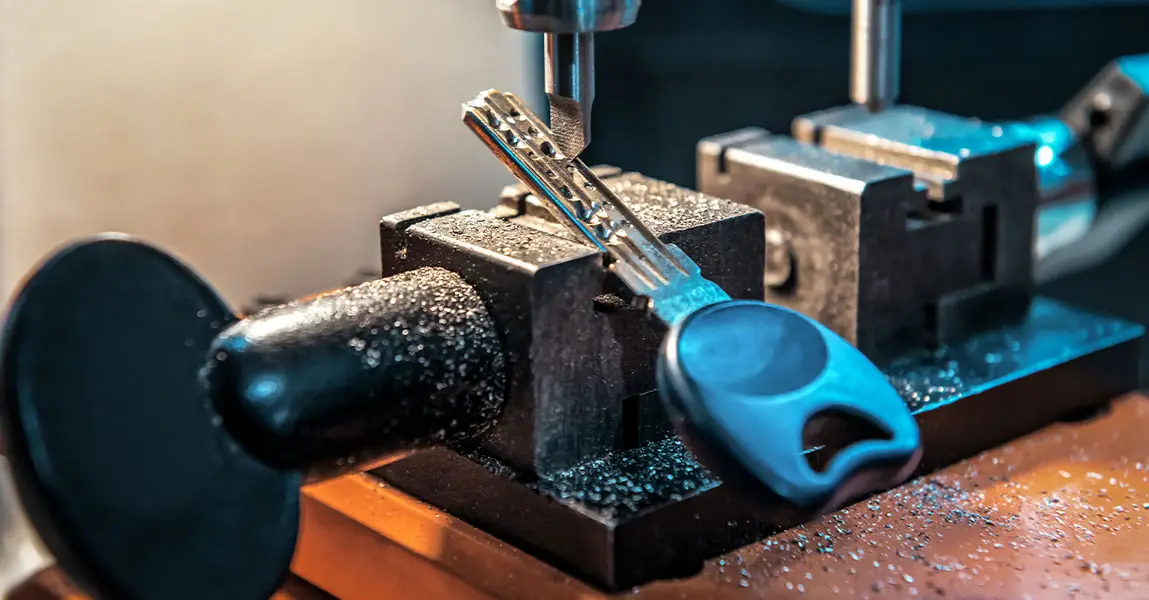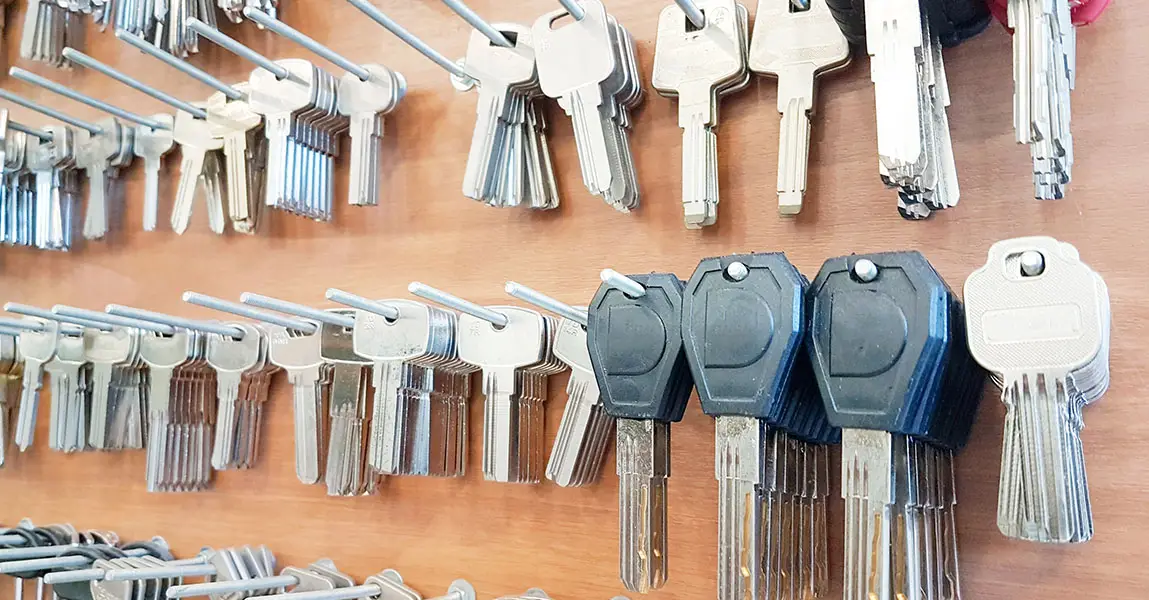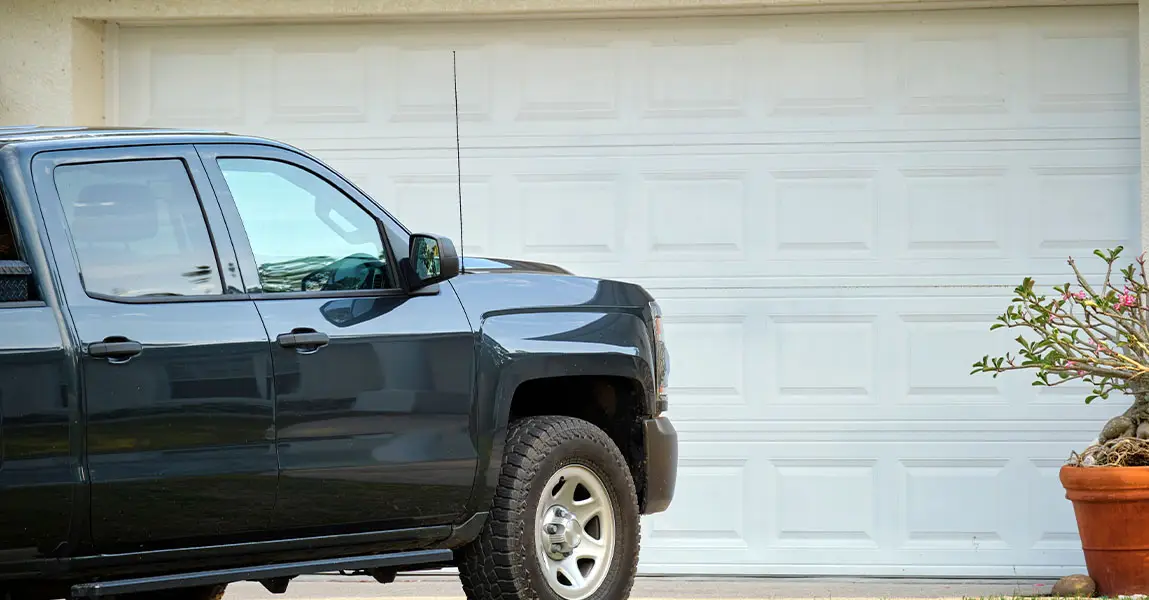Home security is something we often think about only when something goes wrong. Maybe we get locked out, lose our keys, or notice a broken lock. In moments like these, having a trusted locksmith already lined up makes all the difference. As homeowners, we handle everything from maintenance to emergencies, but few things matter more than knowing our doors and locks are secure.
Understanding the Role of a Locksmith
A locksmith does far more than unlock doors. Their work involves installing, repairing, and maintaining every part of a home’s locking system. We often underestimate how complex locks have become. Modern systems include electronic components, smart keypads, and advanced cylinders. A trusted locksmith can assess what type of security fits each part of a home, from the front entrance to the garage.
For example, rekeying is a small but powerful service. Instead of replacing a lock, a locksmith changes the key pattern inside. This makes old keys useless, which is especially valuable after moving into a new property. It’s a quick way to restore security without spending more than necessary.
Why Every Homeowner Should Have a Locksmith’s Number Saved
Emergencies happen without warning. Keys snap in locks, doors jam, and sometimes, keys just vanish. When that happens, panic and frustration set in. Having a locksmith you already trust means you won’t waste precious time searching online while locked outside in freezing weather.
In Calgary’s unpredictable climate, quick access to a local locksmith can prevent bigger issues. Cold weather often causes metal locks to seize or malfunction. A professional can handle these problems safely, preventing damage that DIY attempts might make worse.
Beyond emergencies, routine maintenance also matters. Locks, like anything mechanical, wear out. Regular checks can identify loose parts or corrosion before failure occurs. Keeping that relationship with a reliable locksmith helps extend the lifespan of every door lock at home.
Securing Your Home After Moving
One of the first things homeowners should do after moving in is change or rekey every lock. Many people overlook this simple step. Even if the previous owner seems trustworthy, there’s no way to know who else might still have a key. A locksmith can quickly ensure only you and your family have access.
We often focus on unpacking or setting up utilities and forget that security is part of settling in. By updating locks right away, you create peace of mind and start off safe in your new space. A locksmith can also assess weak points like sliding patio doors or old deadbolts that need reinforcement.
When searching for a professional, working with a local locksmith Calgary ensures faster response times and familiarity with local home styles. Many locksmiths in the city understand the unique challenges of Calgary’s weather and housing layouts, which can affect lock performance.
The Value of Upgrading to Modern Lock Systems
Traditional locks work well, but newer technology brings better protection. Smart locks, for example, let you control access from your phone. You can see who enters and exits, grant digital keys, and even lock doors remotely. These systems are ideal for families or homeowners who rent part of their property.
A skilled locksmith can guide you through the options that suit your budget and lifestyle. They can install locks that balance convenience with reliability. Not every fancy gadget is worth the cost, but some upgrades—like reinforced strike plates or bump-resistant cylinders—make a real difference.
It’s easy to assume advanced locks are complex to use, but professionals set them up so daily routines stay simple. You still get quick access, just with better security.
Protecting More Than Just Doors
We often think of locksmiths only for front doors, but their work extends beyond that. They also handle garage locks, gate systems, mailboxes, and even safes. A forgotten combination or a jammed safe can create as much stress as a locked door.
Windows and patio doors are other weak points. Many break-ins occur through these entryways. A locksmith can install additional latches, window locks, or pin systems that strengthen these areas. The goal is to create multiple layers of security, not rely on a single door.
Some homeowners also ask locksmiths for home security consultations. These assessments identify vulnerabilities like weak hinges, poor lighting, or hidden entry paths. A trusted professional brings an experienced eye that most of us don’t have when checking our property’s safety.
When DIY Lock Fixes Can Go Wrong
It’s tempting to try fixing a jammed lock or installing a new one ourselves. Hardware stores make it look easy. However, one wrong alignment or over-tightened screw can damage the mechanism. In winter, frozen locks often lead homeowners to use hot water or tools that cause internal warping.
Locksmiths use specialized lubricants, extraction tools, and safe techniques that protect both the door and lock body. They can also identify if a lock failure is part of a larger issue, such as a warped frame or door alignment problem. These insights save money over time and prevent repeat breakdowns.
Attempting repairs without proper training can also void warranties or lead to lockouts later. It’s usually more affordable to let a professional handle it from the start rather than pay to fix DIY mistakes.
Building a Long-Term Relationship with a Locksmith
Trust develops over time. The best locksmiths keep records of your lock systems, preferences, and past work. That makes future jobs faster and more precise. If you ever experience a break-in, they can quickly replace or upgrade locks using that information.
Many homeowners only call locksmiths when something breaks, but it’s smarter to build that relationship before emergencies happen. Annual inspections, upgrades, or rekeying after staff changes (for those who run home businesses) are practical reasons to stay connected.
Over time, you’ll have a professional who understands your home’s unique needs and provides honest advice about what to repair or replace. Reliable locksmiths don’t upsell; they explain clearly why certain steps improve safety.
Signs It’s Time to Call a Locksmith
Several small warnings often appear before locks fail completely. Keys start turning roughly, or you have to jiggle them to open the door. Handles might feel loose, or you notice the latch isn’t catching properly. These symptoms usually mean wear inside the mechanism.
Another sign is when one key fits multiple doors but starts working inconsistently. This can happen after years of rekeying without full replacement. A locksmith can rekey or rebuild the internal pins to restore smooth function.
For electronic locks, look out for fading keypad lights, slow motor response, or app connection issues. A professional can test batteries, recalibrate systems, or suggest replacements before the device locks you out completely.
Handling Lockouts Safely and Responsibly
Lockouts are among the most common reasons people call locksmiths. In these moments, stress can lead to poor decisions. Breaking a window or forcing a lock might seem faster, but the repair costs far outweigh a professional’s service fee.
Locksmiths can open doors without causing damage, even in tough cases. They use precision tools that work within the lock’s design, preserving both the mechanism and frame. Once inside, they often recommend preventive steps, such as spare key management or code updates, to reduce the chance of future lockouts.
Knowing that help is just one call away can make emergencies less overwhelming. If you ever face this situation, the best step is to stay calm and reach out through their contact us page for fast help.
Common Misconceptions About Locksmith Services
Many people believe locksmiths are expensive or only needed for emergencies. In truth, most jobs are affordable, especially compared to repairing damaged doors or replacing stolen items after a break-in.
Another misconception is that any handyman can handle locks. However, locksmiths go through training and often hold security certifications. They understand how different locks interact with frames, materials, and weather. That expertise reduces long-term costs and keeps systems safe.
Some homeowners also assume locksmiths only deal with keys, not technology. In reality, many modern professionals handle electronic, smart, and even biometric systems. Whether it’s an old deadbolt or a digital keypad, they can repair or install it correctly.
FAQ
1. How often should I change or rekey my locks?
It’s wise to rekey or replace locks every few years or after major changes like moving, losing keys, or staff turnover in home offices. Regular updates help maintain control over who has access.
2. What’s the difference between rekeying and replacing a lock?
Rekeying changes the internal pins so old keys no longer work. Replacing involves removing the entire lock. Rekeying is cheaper and faster when the hardware is still in good shape.
3. Are smart locks as secure as traditional ones?
Yes, when installed properly. They offer convenience and can be as strong as mechanical locks. However, proper setup and regular software updates are essential to prevent security gaps.
4. Can locksmiths help after a break-in?
Absolutely. They can replace damaged locks, reinforce entry points, and recommend stronger options to prevent another incident. Many also check door frames for hidden weaknesses.
5. What should I do if I get locked out at night?
Stay calm and call a trusted locksmith. Avoid breaking doors or windows. Most locksmiths offer 24-hour service and can arrive quickly to unlock your door without damage.

